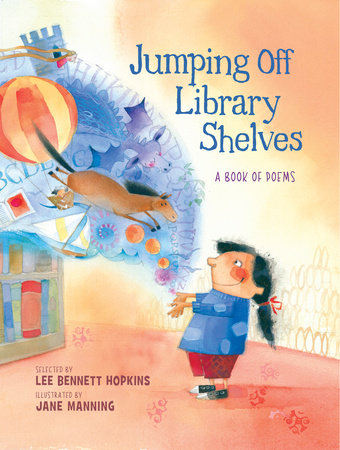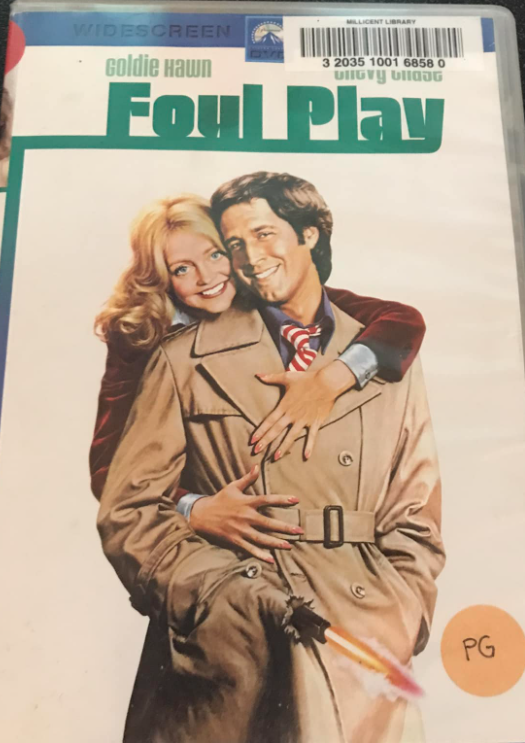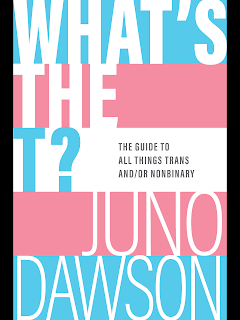Everything is connected to everything else. All the time. Every day.
This is my mantra. It frustrates me no end that University Administration thinks the humanities don't matter, and that they are somehow disconnected from the programs that teach "real job skills". Hart's book demonstrates "the wondrous connections between mathematics and literature". And it also demonstrates that smart people will see connections between things that might not be evident to others. It was a fascinating read which explained how math is used in some classic works including Moby Dick; Gulliver's Travels; Sherlock Holmes; and Alice's Adventure in Wonderland. As well we find out why the numbers 3, 4, 7, and 12 figure (pun intended) so prominently in fairy tales.
Interestingly, in this book about books, the first time a library is mentioned is very near the end. Hart describes the library in Jorge Luis Borges' short story "The Library of Babel". She admonishes readers to "pick up a book of his short stories without delay if you've never read him". And here I must make a confession. I have read "The Library of Babel" (in the original Spanish) with the specific intention of blogging about it here. I love Borges, and he was a librarian himself. The story though, so overwhelmed me that I didn't know where to start to write about it. So, with gratitude to Sarah Hart I use her words here to describe it
His story "The Library of Babel" features a mathematical oxymoron - a finite number of things that somehow have to fill a space that extends in all directions. The story is a first-person account of an inhabitant of the library - which is the universe. This "librarian" spends his life wandering the hexagonal rooms of the library, all of which are identically laid out, reading the books and trying to understand the meaning of the cosmos...
The library is an astonishing thing, says the librarian: it contains all possible books. Every book that has been written, that is being written now, that will one day be written, that will never be written, that has been started and abandoned, that has been banned, that has been lauded, that has never been imagined exists in the Library.
I highly recommend Hart's book (as well as Borge's short stories). And I want to believe that I was the first person to cite Hart's book (which was just published earlier this year). Read my article Utopia in the Stacks to see the citation.


























